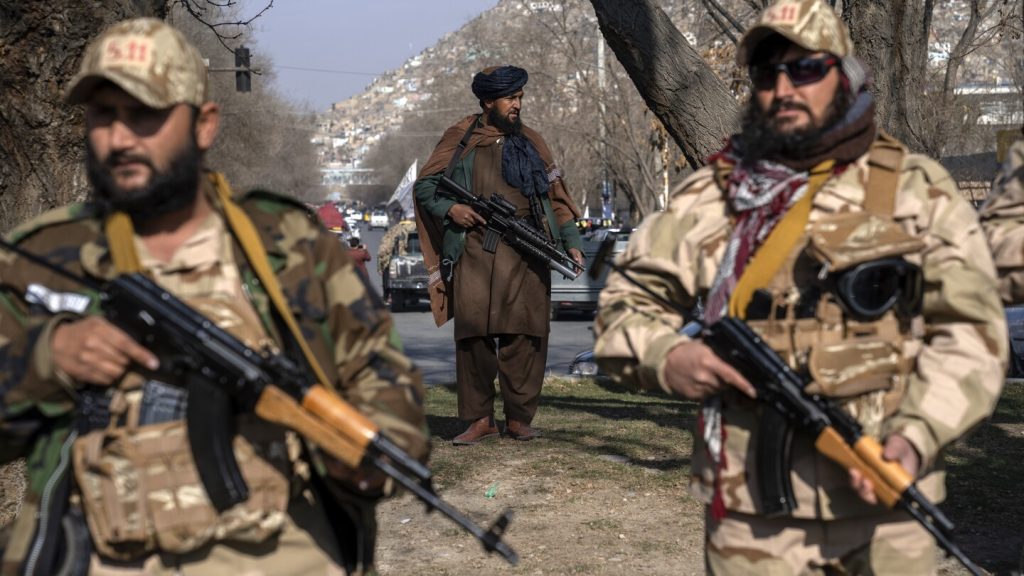The Taliban in Afghanistan have announced a new crackdown on women’s rights, stating that all national and foreign nongovernmental groups employing women will be closed. This announcement comes after a previous directive two years ago to suspend the employment of Afghan women due to their incorrect wearing of the Islamic headscarf. The Economy Ministry issued a warning that failure to comply with this latest order would result in NGOs losing their license to operate in the country. The United Nations has expressed concern over the shrinking space for women in Afghanistan and urged the Taliban to reverse these restrictions, highlighting the impact on providing humanitarian assistance to the Afghan population.
The Economy Ministry in Afghanistan has taken responsibility for the registration, coordination, leadership, and supervision of all activities carried out by national and foreign organizations. The government’s latest directive orders the cessation of all female work in institutions not under Taliban control, with the threat of cancellation of activities and operating licenses for non-compliance. This move is part of the Taliban’s ongoing efforts to intervene in NGO activity and control the role of women in society. The UN Security Council has reported incidents of female Afghan humanitarian workers being obstructed by the Taliban, despite the critical need for relief work to continue in the country.
The Taliban leadership has denied allegations of hindering aid agencies from carrying out their work or interfering with their activities. They have previously restricted women from various job opportunities, limited their access to public spaces, and excluded them from education beyond the sixth grade. In a further development, Taliban leader Hibatullah Akhundzada has issued a decree banning windows that overlook areas where women might be present. The UN has criticized this restriction, and the decree specifies that windows should be obscured to prevent views into spaces like yards or kitchens, suggesting the installation of walls, fences, or screens to mitigate potential harm.
The Taliban’s decision to close down NGOs employing women is impacting the delivery of essential life-saving humanitarian assistance to the Afghan population, particularly women who are living in poverty and facing a humanitarian crisis. The UN has stressed the importance of upholding women’s rights in Afghanistan and called for the reversal of these restrictive measures. The Taliban’s increasing control over women’s activities and movements in the country has raised concerns about the overall human rights situation in Afghanistan. The international community, including the UN, continues to monitor the situation closely and advocate for the protection of women’s rights in the country.
The Taliban’s latest directives regarding the closure of NGOs employing women and the banning of windows overlooking certain areas where women may be present reflect their strict interpretation of Islamic law and traditional gender roles. The restrictions imposed on women’s employment, education, and movement are seen as regressive steps that undermine their rights and freedoms. The international community’s response to these measures has been critical, with calls for the Taliban to respect human rights and uphold gender equality. The ongoing conflict and political turmoil in Afghanistan have further complicated efforts to address gender-related issues and protect women’s rights in the country.
Despite the Taliban’s assertions that they are not impeding the work of aid agencies, reports indicate that female humanitarian workers are facing obstacles in carrying out their duties. The restrictions on women’s participation in various sectors and public spaces have raised concerns about gender equality and human rights in Afghanistan. The government’s efforts to control NGO activities and limit women’s rights are viewed as barriers to the country’s development and stability. As the situation in Afghanistan remains uncertain, the international community continues to engage with the Taliban leadership to address these issues and safeguard the rights of women and vulnerable populations in the country.


